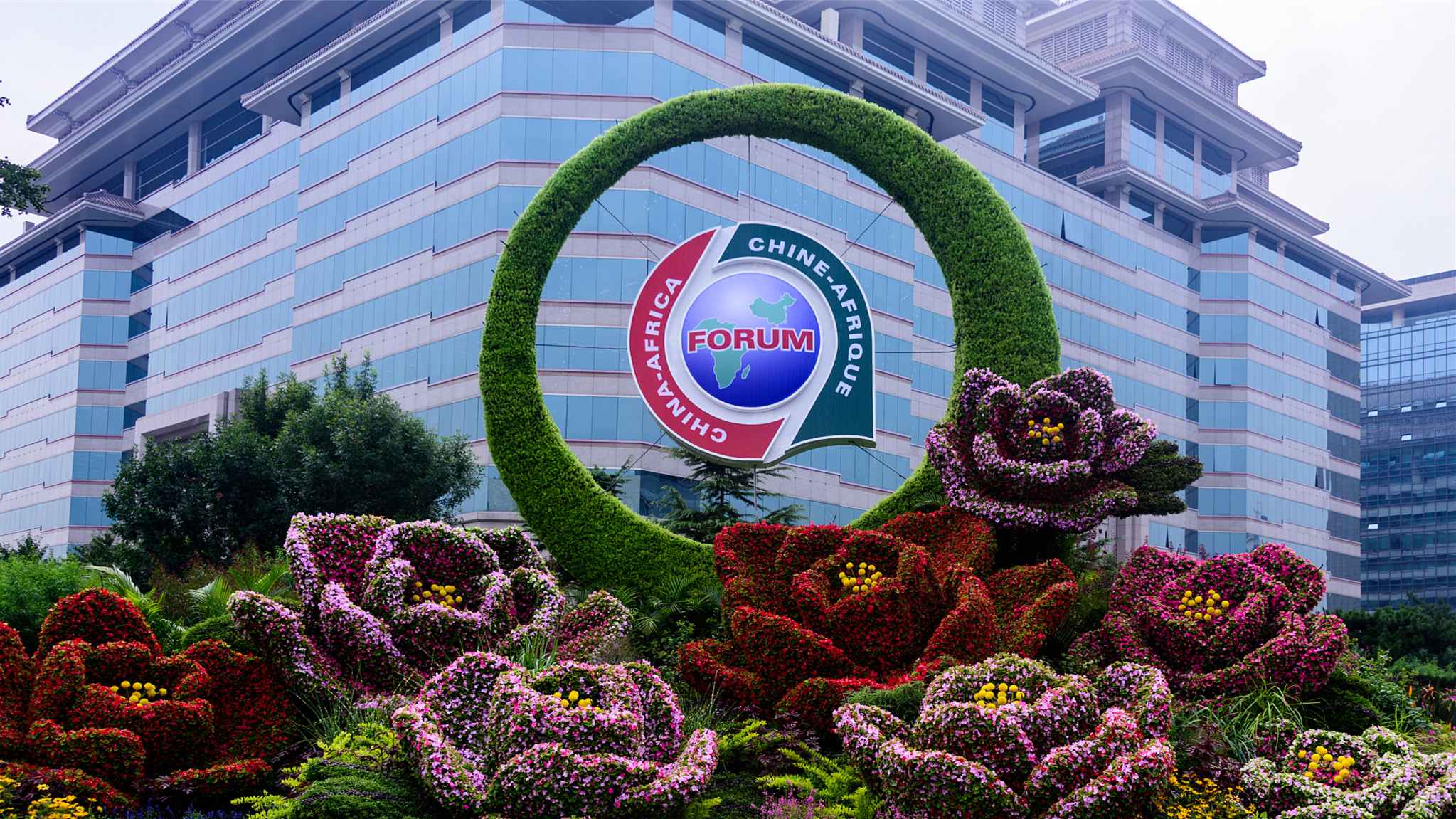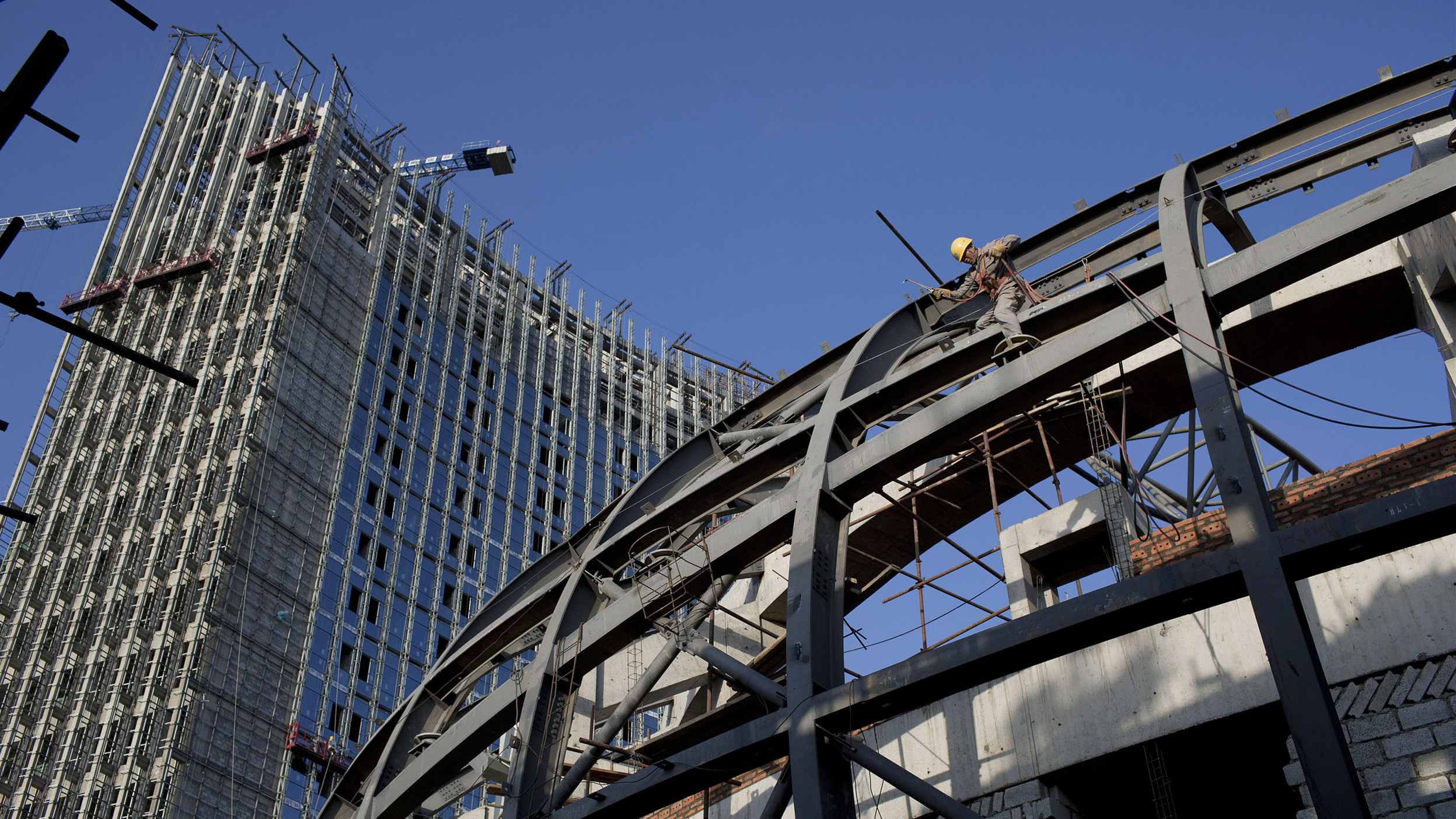
18:05, 28-Feb-2019
Full Episode – Sino-Africa Relations in the New Era: Achievements and Challenges?

By Robert Lawrence Kuhn
China is the largest developing country, and Africa is the continent with the largest concentration of developing countries, thus the natural affinity for mutual development and long-term strategic partnership. This is the narrative in China as Beijing prepares for the Summit of the Forum on China-Africa Cooperation. The Forum was established in 2000 as is called the most important multilateral dialogue and pragmatic cooperation platform for China and Africa to realize the joint dream of self-improvement, development and revitalization. China’s President Xi Jinping first visited Africa in 2013, putting forward the principles of sincerity, affinity, real results, good faith, and mutual benefits, to characterize China-Africa relations in a new era. At the Johannesburg Summit of the Forum in 2015, China announced “five pillars” and “10-point plans”. Now, after five years, what has been accomplished? What are new trends in Sino-African relations? What challenges lie ahead? Why does China like to say that it “attaches great importance” to Sino-Africa relations?

Chinese construction workers building the new African Union Buildings in Addis Ababa, Ethiopia. The building was built for free. Chinese companies are investing and working all across Africa. In Ethiopia they are mainly focusing on infrastructure projects. / VCG Photo
Chinese construction workers building the new African Union Buildings in Addis Ababa, Ethiopia. The building was built for free. Chinese companies are investing and working all across Africa. In Ethiopia they are mainly focusing on infrastructure projects. / VCG Photo
Agenda 2063 is Africa’s strategic framework for its socio-economic transformation over the next half century, with the objectives of peace, stability, development and integration. The priority areas of Agenda 2063 are compatible with the China-Africa ten-point plan: industrialization, agricultural modernization, infrastructure construction, investments and financing, green and sustainable development, trade and investment facilitation, poverty reduction, public health, cultural and people-to-people exchanges, and peace and security capabilities. With Africa’s 1.1 billion population, projected to rise to around 2.5 billion by mid century, combined with China’s 1.4 billion population - which today accounts for over 30% of the world population – China and Africa can create a huge market and community with the capability to influence the world order and to construct a new global governance system. Africa is called “the foundation of the foundation” of China’s diplomacy. At this Beijing Summit, China welcomes all of Africa to join its Belt and Road Initiative, furthering President Xi Jinping’s vision of a world of lasting peace and common prosperity and a community of a shared future for all humanity. There are challenges, of course. That’s Closer To China.
SITEMAP
Copyright © 2018 CGTN. Beijing ICP prepared NO.16065310-3
Copyright © 2018 CGTN. Beijing ICP prepared NO.16065310-3